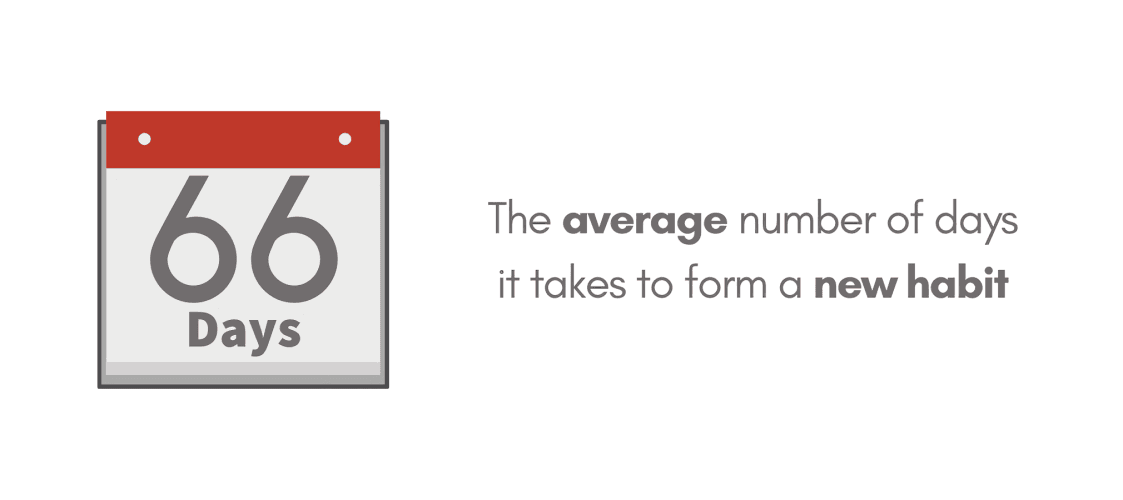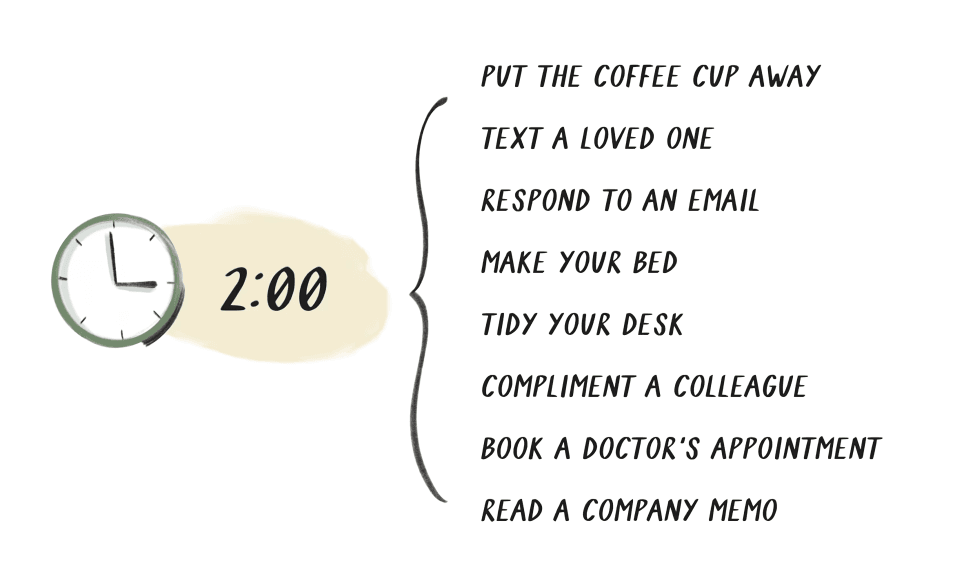
“
The science of habit formation offers powerful insights into how habits develop and how to break bad ones. By understanding the psychological and neurological processes behind habits, you can rewire your brain to build better routines and improve your life.1
1
”
The basal ganglia, a brain region, plays a significant role in habit formation. It helps store habits, making them automatic over time, which means habits often become unconscious actions based on repeated behavior. 1
Habits are formed through the loop of cue, routine, and reward. The brain recognizes a trigger (cue), executes a habitual action (routine), and receives a pleasurable reward, reinforcing the behavior and ensuring repetition. 2

It takes an average of 66 days for a new habit to become automatic. This varies depending on the complexity of the habit and individual differences, but consistency remains key to solidifying it.
Dopamine, a neurotransmitter, plays a central role in reinforcing habits. Every time we complete a habitual action that brings pleasure or satisfaction, dopamine is released, making us more likely to repeat the behavior. 3
Breaking bad habits often involves identifying the cue that triggers the habit. By replacing the old trigger with a new one, you can alter the routine, gradually reducing the habit's hold over time. 4
Research suggests that willpower is like a muscle—it can be depleted. Overusing willpower on a single task can make it harder to resist temptations or break bad habits, requiring strategies like mindful planning. 5
Good habits can be built by stacking them on existing behaviors. This concept, called "habit stacking," involves adding a new habit after a current one, leveraging your brain's tendency to associate actions with routines. 6
Stress can sabotage habit formation and make breaking bad habits harder. Elevated cortisol levels, associated with stress, can increase the desire for immediate rewards, making unhealthy habits more difficult to overcome. 7
Neuroplasticity, the brain's ability to rewire itself, is key to habit change. This means that by consciously practicing new behaviors, you can reshape neural pathways, making healthy habits easier and bad ones harder to engage in. 8
To break a bad habit, focusing on the reward is crucial. Understanding the underlying need the bad habit fulfills—such as stress relief—can help you replace it with a healthier coping mechanism that provides the same benefit. 9
Habit formation often begins in childhood, where repetitive behaviors are reinforced. Early experiences, positive or negative, shape how habits are formed and can carry into adulthood, making certain behaviors harder to change later. 10

The "two-minute rule" suggests starting a new habit with an action that takes less than two minutes. By beginning with a small, manageable task, you build momentum and increase the chances of long-term habit formation.
Research indicates that negative self-talk can hinder habit change. People who berate themselves for not sticking to their habits are more likely to give up. Self-compassion and a positive mindset are essential for progress. 11
Accountability is a powerful tool for habit change. When you share your goals with others or track your progress, it adds a sense of responsibility, motivating you to stay consistent and work toward breaking bad habits. 12

Sleep and rest play a crucial role in habit formation. A well-rested brain is more efficient at forming new habits and maintaining focus. Poor sleep can increase cravings for unhealthy habits and hinder self-control.
Reward substitution is a strategy for replacing bad habits with healthier ones. By offering a different, more positive reward after completing a habit, you can recondition your brain to seek out the new behavior instead. 13
The "golden rule" of habit formation suggests that starting small is crucial. Trying to change too much at once can overwhelm your brain. Gradual, incremental changes help make new behaviors stick and reduce the temptation to revert. 14
Breaking bad habits requires replacing them with something else. Simply trying to avoid the habit without offering an alternative often leads to failure, as the brain seeks familiar routines that provide rewards. 15
Tracking habits with a visual aid, such as a habit tracker, increases success. The act of visually marking progress provides a sense of accomplishment and helps maintain motivation, making it easier to stick to your goals. 16
The power of small wins should not be underestimated. Celebrating minor milestones on your journey to breaking a bad habit can keep you motivated. These rewards build consistency and reinforce your positive habits. 17


